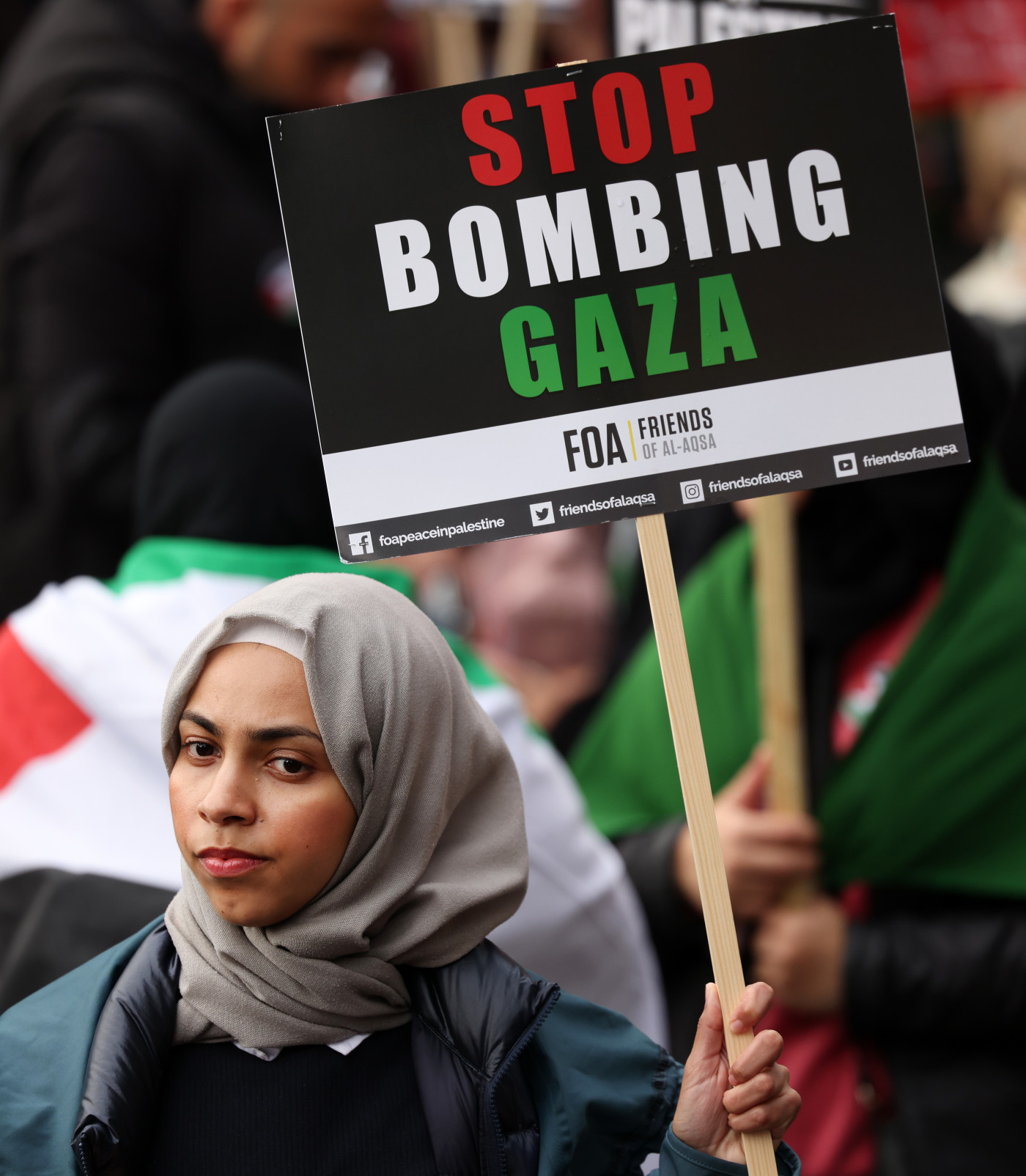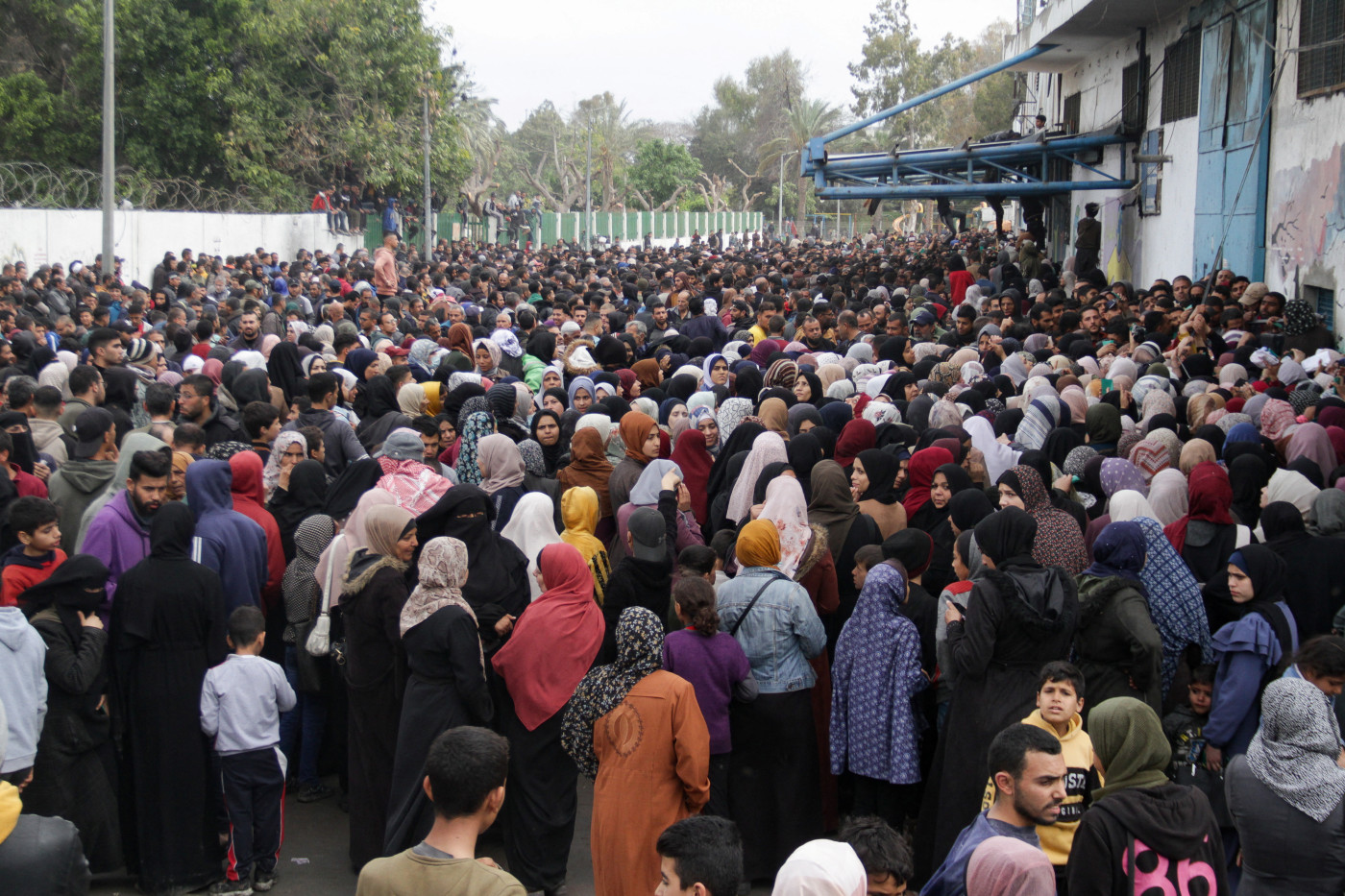Russian Neighbor Deals Blow to Putin With Western Pivot
Most banks in Armenia will soon stop accepting cards that use the Russian Mir payment system, Moscow's alternative to Visa and Mastercard, after they suspended operations in the country over the war in Ukraine, Russian media reported.
A representative from VTB, a Russian majority state-owned bank, told Russian news outlet RBC that most banks in Armenia, not including VTB, would no longer accept Mir payment cards from March 30. They have been crucial for Moscow as Western-imposed sanctions blocked access to global payments systems, and were hit by U.S. sanctions in February.
In February 2022, after Russia's full-scale invasion of Ukraine began, foreign exchange reserves were frozen and Russia was cut off from the SWIFT (Society for Worldwide Interbank Financial Telecommunication) banking system. Visa, Mastercard and American Express also suspended operations in Russia over the war in Ukraine.
The U.S. said in February that it was imposing sanctions on state-owned National Payment Card System, the operator of the Mir payment system. Newsweek has contacted Russia's Foreign Ministry for comment by email.
"The government of Russia's proliferation of Mir has permitted Russia to build out a financial infrastructure that enables Russian efforts to evade sanctions and reconstitute severed connections to the international financial system," the U.S. Treasury Department said in a statement at the time.
Armenia's relations with Russia have continued to deteriorate throughout the course of the war, and the country has sought to distance itself from Moscow.
Earlier this month, Armenian Foreign Minister Ararat Mirzoyan said the country is considering applying for EU membership.
"New opportunities are largely being discussed in Armenia nowadays," Mirzoyan said in an interview with Turkish channel TRT. "That includes membership in the European Union."
Days earlier, Armenian Prime Minister Nikol Pashinyan said that his nation wishes to freeze its participation in the Collective Security Treaty Organization (CSTO). This is a group of post-Soviet states considered to be Moscow's answer to NATO. Pashinyan said that the pact had failed his country.
Formed in 2022, the military alliance also consists of Belarus, Kazakhstan, Kyrgyzstan and Tajikistan.
The CSTO bloc "has not fulfilled its objectives as far as Armenia is concerned, particularly in 2021 and 2022, and we could not let that happen without taking notice," Pashinyan told France 24 television.
Responding to the news, Kremlin propagandist Margarita Simonyan, who is of Armenian descent and has described herself as both Russian and Armenian, criticized Pashinyan, saying that, if voters continued to support him, "there will be no Armenia in five years."
Do you have a tip on a world news story that Newsweek should be covering? Do you have a question about the Russia-Ukraine war? Let us know via worldnews@newsweek.com.
Disclaimer: The copyright of this article belongs to the original author. Reposting this article is solely for the purpose of information dissemination and does not constitute any investment advice. If there is any infringement, please contact us immediately. We will make corrections or deletions as necessary. Thank you.



